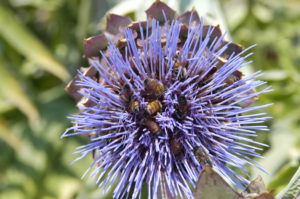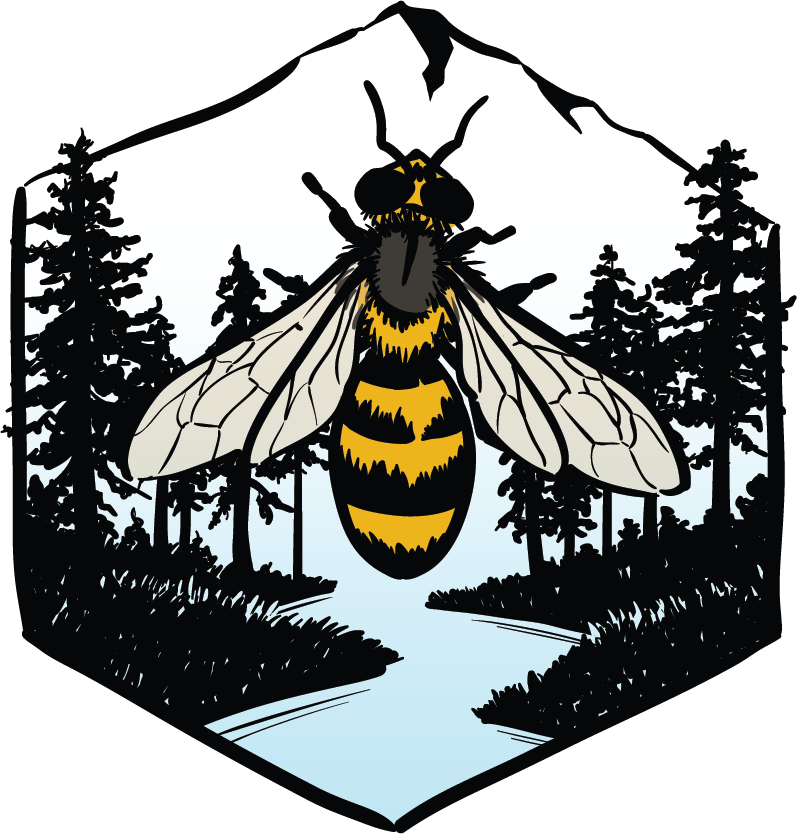
The website is up and going thanks to Erin Olmon. SO MANY THANKS to Erin. She is a gracious lady who volunteered her time to design our website for free. Our THANKS to Trevor Riches for all the meetings and time he put into the site. Thank you also to the board, Bunny, Patricia, and Emily.
We invite anyone interested in bees to attend our next meeting which is August 25, 2014. Check our “Events” page for times and directions.
The Oregon State Fair is coming up soon. I encourage everyone to enter some bee products into the show. Here is an excerpt from “The Backyard Beekeeper’s Honey Handbook” by Kim Flottum, “Your bees produce not just pure honey, but an even more delectable, more desirable, rare and select delicacy – artisan honey, sometimes called varietal honey, but always, always premium honey. Beekeepers and their bees produce honeys with millions of flavors and colors and aromas. Each honey is as unique as the flowers it came from, as different as the geographies the bees roam and forage, and as complicated as a blend of a thousand perfumes.” Lets all try to enter some honey in the Fair. You can enter a honey that was extracted after last years State Fair. For the website to enter your exhibits, check our “Guest Article” page.
August is an important month for your bees. It’s time to take the supers off and deal with the varroa mite load if it’s over the threshold. The most accurate test is the “alcohol wash method.” A reminder, the WVBA loans out extracting equipment to it’s members for free. Watch for robbing and place robbing screens onto the front of the hives. It doesn’t hurt to put the screens on even if there isn’t any robbing taking place. If robbing is in full swing, throw a soaking wet sheet over the hive and completely cover it with the wet sheet. In some cases it only takes three or four hours for a colony to be completely robbed out. To produce large quantities of HEALTHY Winter bees, one must feed syrup and pollen patties. In addition, the varroa mites MUST be dealt with. There are numerous varrroa mite control methods. I would suggest attending your local bee meeting to find out about the best options for your apiary. Check out the “Apiary Calendar” page for more information.
Augusts meeting is going to be on Fall Medications and Winter Preparation. Hope to see you there.
Cheers, Rich
